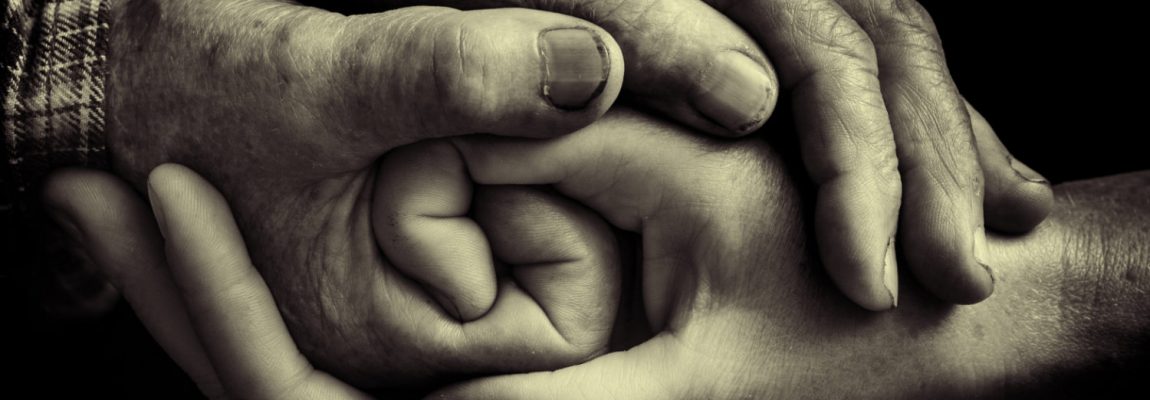Anyone ever tell you to “take care of yourself?” It’s such a common statement that we sometimes say it without considering what the sentiment actually means. Taking care of ourselves—sometimes called ‘self-care’—is a concept that is quite popular, particularly as our lives become busier and experiencing stress and anxiety may occur more often than not.
There is no shortage of experts telling us how we’re supposed to take care of ourselves. Some swear by diet and exercise, others by finding a better work-life balance (suggesting to us we’re doing something wrong). The problem with these suggestions from the so-called experts is that self-care becomes yet another thing we have to do. So, the expectation is to create more time to do more stuff in what is an already busy schedule for most people. And what happens when you struggle to make the time to make healthier meals, or exercise more frequently? We beat ourselves up, criticize our lack of effort or commitment, or feel guilty for letting ourselves down.
But wait! We’re not human ‘doings’, we’re human ‘beings’ and there is a huge difference between the two! What if I told you that taking care of yourself was not something to do, but a way to be?
Think about when a dear friend is struggling. The compassion we have for our friend is not something we perform; it is something we are when we are together with them. We don’t do compassion, we are compassionate. It’s in the state of being compassionate that our words, empathy, and support resonates with our friend. They feel connected, loved.
So the question is: “How can we aspire to respond to ourselves the way we are with a friend?”
For several years now, Kristin Neff (and others) have researched the concept of ‘self-compassion’, which answers this question. That is, just as when we are compassionate to others we can be compassionate to ourselves. How will we know when we are being compassionate to ourselves? Well, if we are used to criticizing ourselves, putting ourselves down, and judging ourselves for the choices we make or the feelings we should or should not be experiencing, we are NOT being compassionate. Just think of the reaction our friend would have if we behaved that way toward them when they were struggling. Ouch!
Once we can acknowledge that we too may have struggled as our friend has, and that we too deserve the kindness, connection, and gentle touch we give to our friend, we become open to self-compassion. Being open to self-compassion is the first step in taking care of ourselves in a completely different and meaningful way.
